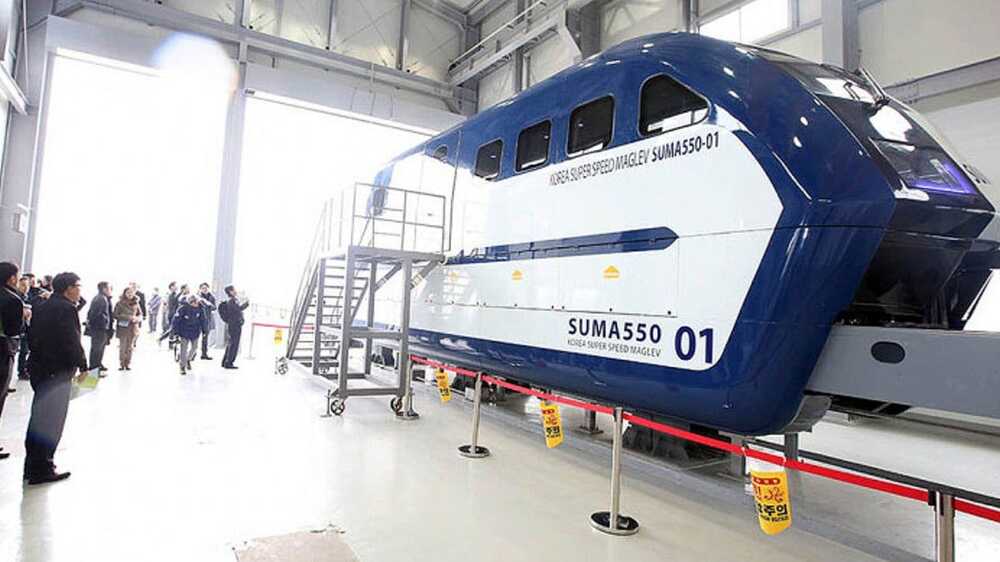More info: https://bit.ly/3il6KoW
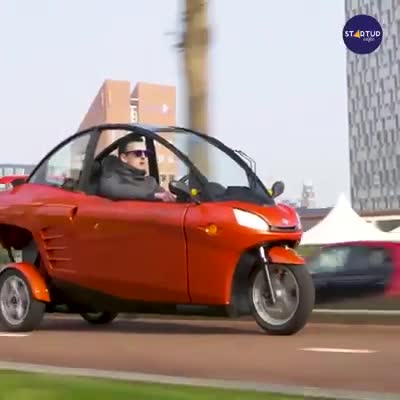

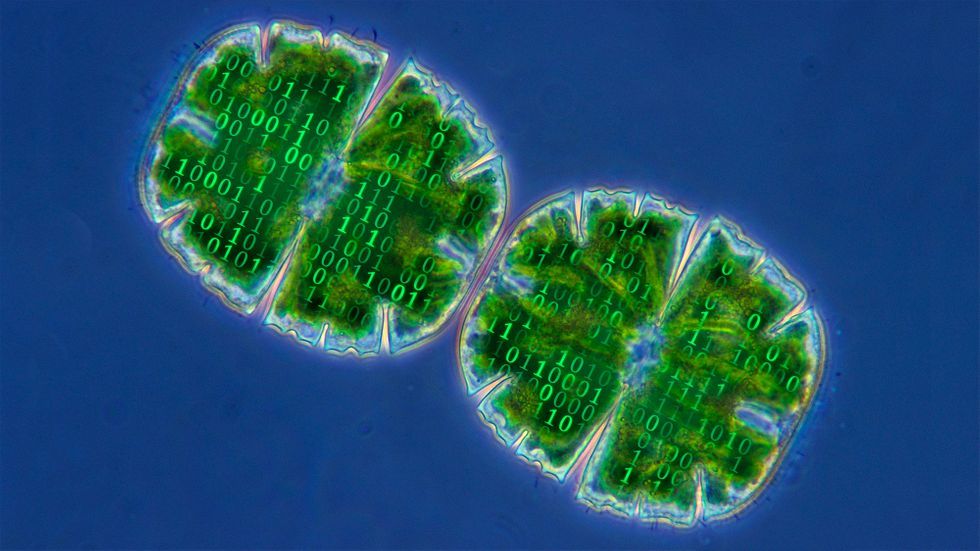
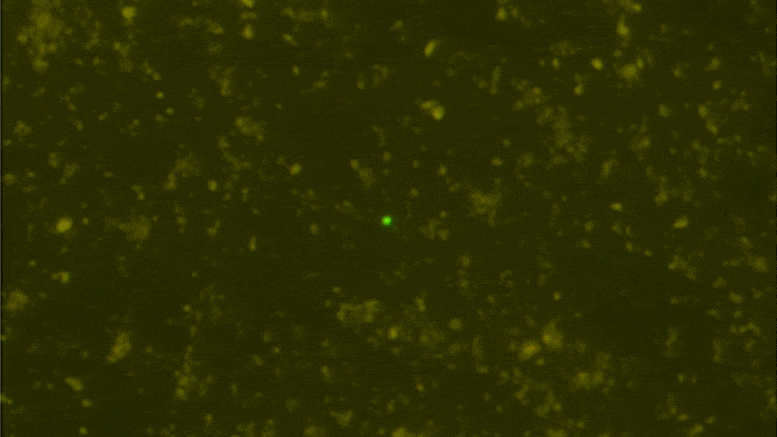
An international research team that included three scientists from the University of Rhode Island’s Graduate School of Oceanography has discovered single-celled microorganisms in a location where they didn’t expect to find them.
“Water boils on the (Earth’s) surface at 100 degrees Celsius, and we found organisms living in sediments at 120 degrees Celsius,” said URI Professor of Oceanography Arthur Spivack, who led the geochemistry efforts of the 2016 expedition organized by the Japan Agency for Marine-Earth Science and Technology and Germany’s MARUM–Center for Marine and Environmental Sciences at the University of Bremen. The study was carried out as part of the work of Expedition 370 of the International Ocean Discovery Program.
The research results from a two-month-long expedition in 2016 were published in December 2020 in the journal Science.
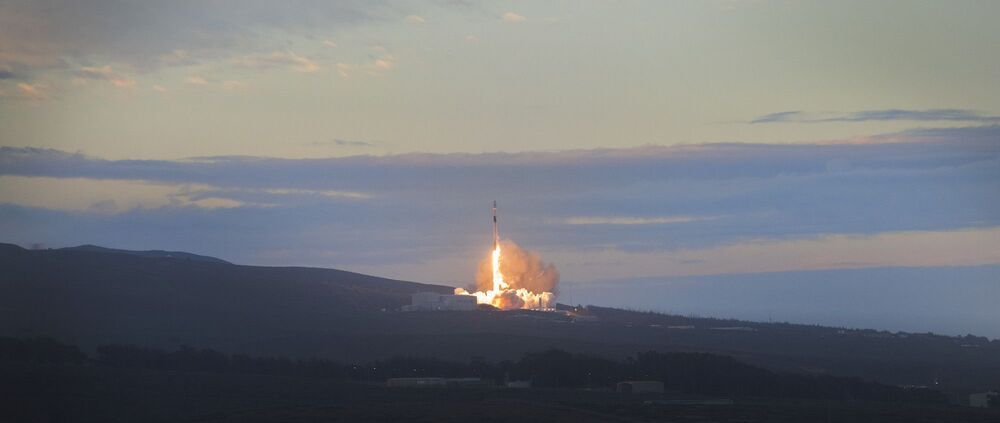
WASHINGTON — SpaceX has been awarded a $150.4 million contract to launch as many as 28 satellites for the Pentagon’s space agency, the Defense Department announced Dec. 31.
The contract is to launch a mix of small and medium spacecraft of different sizes that the Space Development Agency is acquiring from multiple vendors. That includes 20 data-relay satellites known as the Transport Layer and the other eight are missile-warning satellites known as the Tracking Layer.
SpaceX will launch these satellites from Vandenberg Air Force Base, California.
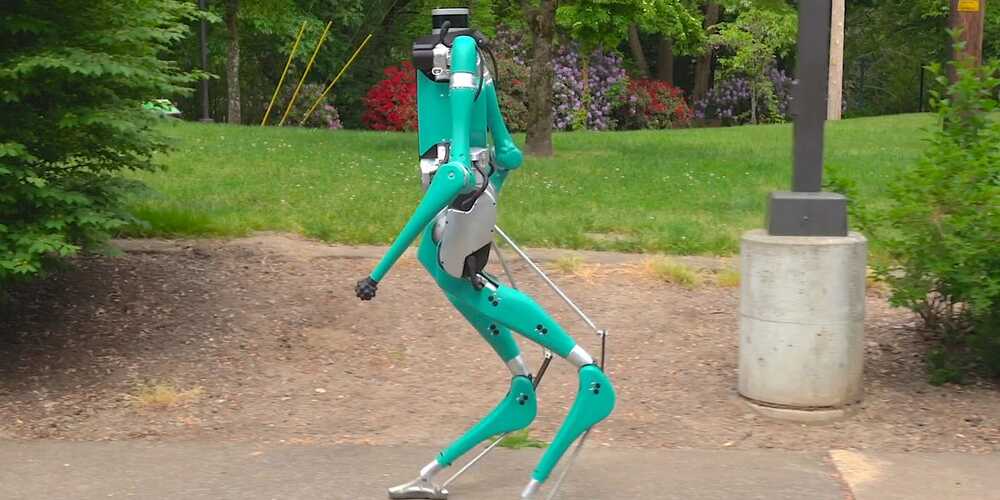
Here it is, part one of my new trilogy…Sleep Deprivation…it’s a killer. Personally, I used to miss whole nights clubbing and gigging, and even after that, I used to cut back the hours of sleep thinking I was getting the most from my life and being really clever. Then I heard of Matthew Walker, and read his book. I changed immediately and wow, I have never felt such a difference, it is like light and day. Every aspect of my life improved, from mental health, to physical wellbeing, to immune function (I never seem to be ill any more and never get cold sores!!! anecdotal but the truth). The most telling fact. If I tried to drive more than a couple of hours down the motorway I would be fighting to keep my eyes open by the end…now, that is never a problem (although I still want a Tesla). Sleep is now what I consider a non-negotiable. It comes first. It is the foundation on which everything else stands.
I will just break down exactly why depriving yourself of sleep is a fools errand. You may gain a hour or two here and there, but it does not compare to the years it wipes off your lifespan, and even worse the decrepit, run down years of pain and inactivity that blight the end decades.
All that pain, when you could be fully active and fulfilling your dreams and ambitions.
If you want to try Melatonin to aid your sleep, or any other of their products, I have arranged a discount for my friends and viewers at Do Not Age, the highest quality, the lowest prices and the best customer service, all in one place.
Just use the code MTB when checking out.
https://donotage.org.
And if you want to watch how stress effects the body and the evolution that set it all in motion, then you might find this video of interest.
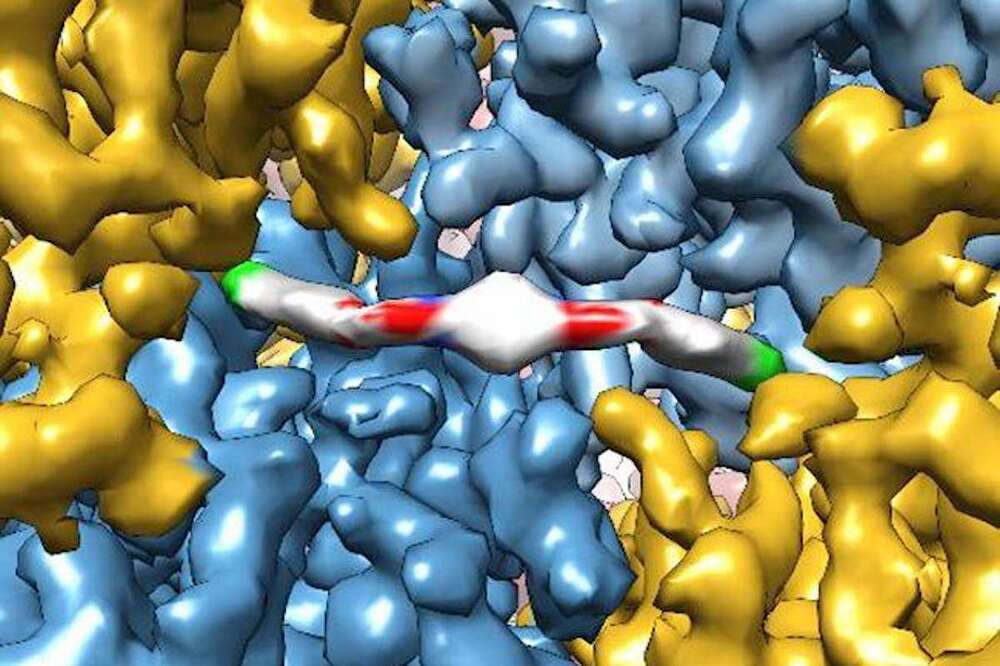
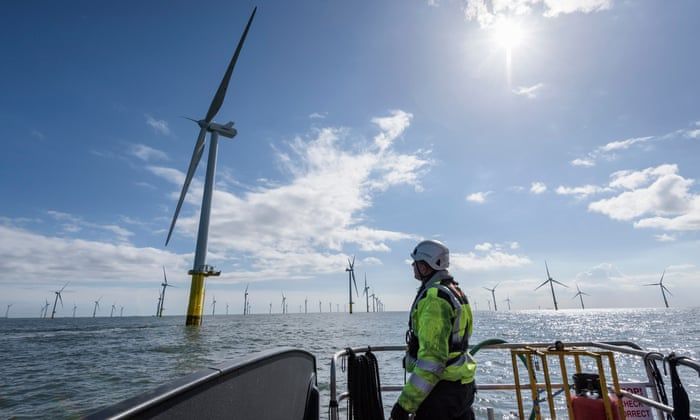
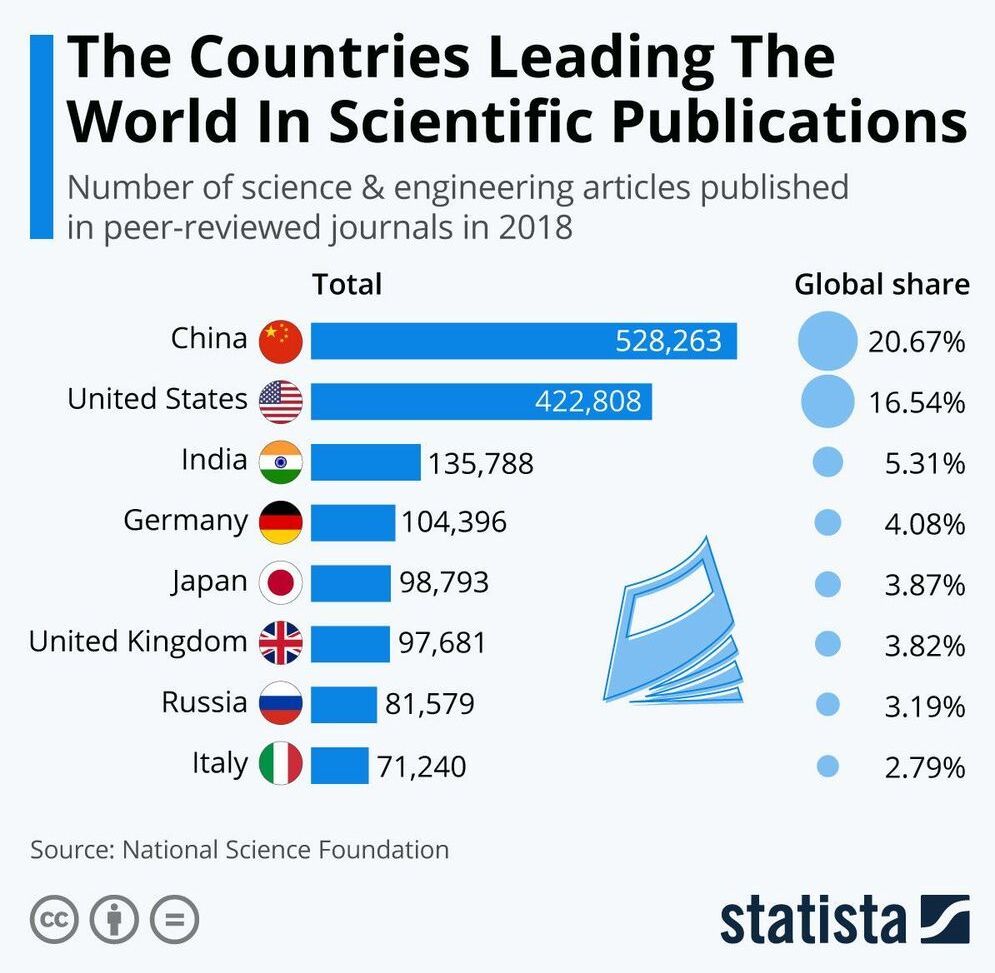
China keeps leading the US on investments in tech.
The U.S. National Science Foundation (NSF) has released data showing that 2555, 959 science and engineering (S&E) articles were published around the world in 2018, a considerable increase on the 1755, 850 recorded a decade ago. Global research output in that sector has grown around 4 percent annually over the past ten years and China’s growth rate is notable as being twice the world average. While the U.S. led the way in 2008, it has now been displaced as the world’s top S&E research publisher by China.
The views expressed in this article are those of the author alone and not the World Economic Forum.
